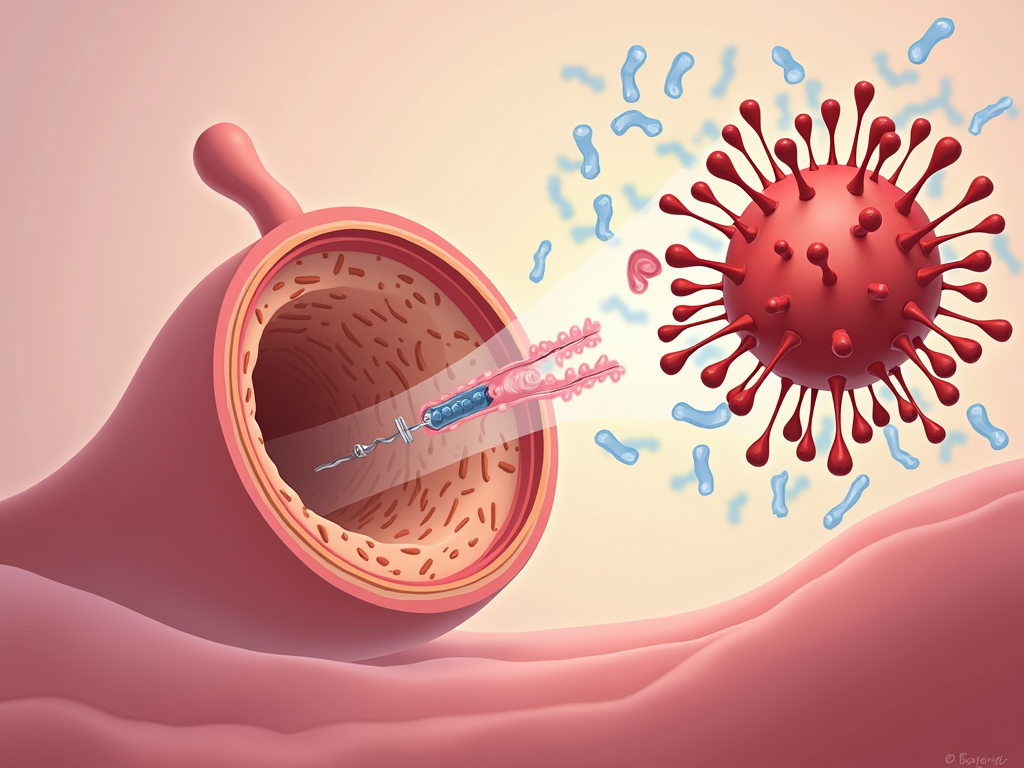Chronic food allergies, such as Chronic FPIES, can significantly impact daily life, requiring careful management to prevent reactions and maintain well-being. This guide provides a detailed look at how to effectively manage these allergies through understanding triggers, dietary planning, medical interventions like allergen immunotherapy, and practical lifestyle adjustments.
Chronic food allergies are persistent conditions where the immune system reacts to certain foods, leading to ongoing symptoms. Unlike acute allergies that cause immediate, often severe reactions, chronic allergies like Chronic FPIES can have delayed symptoms, making them challenging to diagnose and manage. Symptoms may include gastrointestinal issues, skin reactions, or respiratory problems, and they can vary widely among individuals.
To manage these allergies effectively, it's crucial to first understand the specific allergens involved. This often requires collaboration with healthcare professionals, such as allergists or dietitians, who can help identify triggers through testing or elimination diets.

Identifying food triggers is a critical step in managing chronic food allergies. One common method is the elimination diet, where suspected allergens are removed from the diet and then gradually reintroduced to observe reactions. Allergy testing, such as skin prick tests or blood tests, can also provide valuable insights.
It's important to keep a detailed food diary, noting what you eat and any symptoms that follow. This can help pinpoint specific foods or ingredients that cause reactions. Remember, triggers can sometimes be hidden in processed foods, so reading labels carefully is essential.

Once triggers are identified, the next step is to adjust your diet to avoid these foods while ensuring you still receive adequate nutrition. This might involve finding alternative ingredients or recipes that are free from your allergens. For example, if you're allergic to dairy, you might use plant-based milk alternatives.
Working with a dietitian can be incredibly helpful in creating a balanced meal plan that meets your nutritional needs without compromising on taste or variety. They can also provide guidance on how to read food labels and identify potential allergens in packaged foods.

For some individuals, dietary management alone may not be sufficient, and medical treatments like allergen immunotherapy may be recommended. Allergen immunotherapy involves gradually exposing the body to small amounts of the allergen to build tolerance over time. This treatment can be particularly effective for certain food allergies, though it's not suitable for everyone.
The duration of allergen immunotherapy treatment can vary, typically ranging from several months to a few years, depending on the individual's response and the specific protocol used. It's important to discuss the potential benefits and risks with your healthcare provider to determine if this treatment is right for you.

Living with chronic food allergies requires ongoing vigilance and adjustments to daily routines. This includes being proactive when dining out, informing restaurant staff about your allergies, and asking about ingredients and preparation methods. It's also wise to carry emergency medication, such as antihistamines or epinephrine, in case of accidental exposure.
Educating family, friends, and colleagues about your allergies can also help create a supportive environment. They can learn how to recognize symptoms of a reaction and how to respond appropriately.
Managing chronic food allergies can be challenging, but it's also an opportunity to become more mindful about what you eat and how it affects your body. Many people find that by taking control of their diet and health, they develop a deeper appreciation for food and nutrition. It's also important to connect with others who have similar experiences, whether through support groups or online communities, to share tips and encouragement.
Effectively managing chronic food allergies involves a combination of understanding your condition, identifying and avoiding triggers, making dietary adjustments, considering medical treatments, and adapting your lifestyle. By taking a proactive approach, you can minimize the impact of allergies on your life and enjoy a healthier, more comfortable existence.
Discuss Here